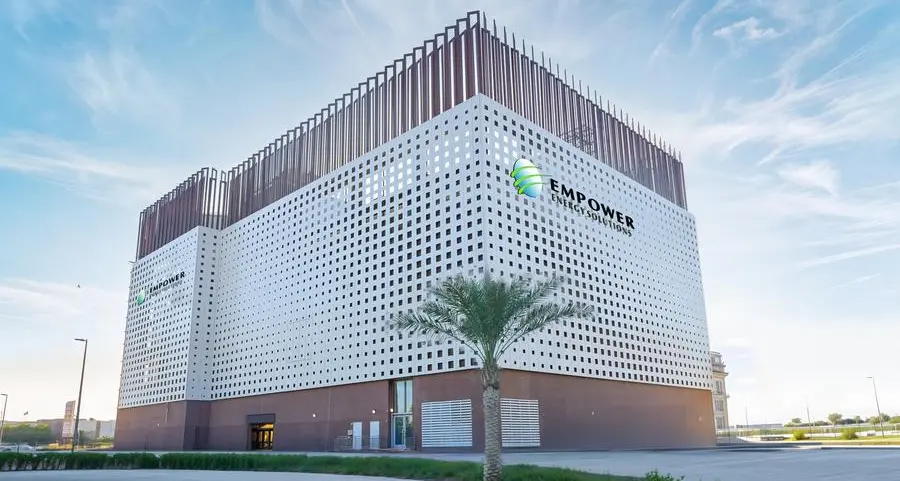As a United Nations high-level meeting convenes from 8-10 June in New York, the World Council of Churches (WCC) is joining the UN and other faith-based and civic groups to review progress on commitments to end the AIDS epidemic by 2030.
The high-level meeting is an important opportunity for the global HIV response to reflect on the progress made thus far and reevaluate targets for HIV prevention, treatment and care in the current context. The meeting will also yield recommendations to guide and monitor response to HIV and AIDS beyond 2021, including new concrete commitments and accelerated action.
The WCC has been responding to communities affected by HIV from the very onset of the pandemic in 1984, and has engaged with every UN high-level meeting on HIV along the way.
“As commitments are strengthened, and actions outlined to move forward, the WCC will be participating and observing thoughtfully,” said WCC deputy general secretary Prof. Dr Isabel Apawo Phiri.
“For more than three decades, the WCC has been able to provide resources and inspiration to help churches and communities respond courageously and prophetically to the ongoing AIDS epidemic,” said Phiri. “It is critical to keep our attention on ending AIDS by 2030, and to not lose faith in the power of working together with accurate information and the prayers of the people.”
On the occasion of the High-Level Meeting (HLM), the UNAIDS-PEPFAR Faith Initiative, which WCC is part of, is organizing a side event Faith2EndAIDS – Faith2EndInequalities on June 7th, which will focus on the importance of accelerating the response to HIV by faith groups and communities over the next five years.
The WCC Ecumenical HIV and AIDS Initiatives and Advocacy Programme has touched many lives through its work ranging from ending stigma to treatment adherence. With funding from PEPFAR through UNAIDS, the WCC has conducted several consultations in many regions to promote mutual understanding of the critical barriers and to share good practice among WCC member churches and other faith communities, people living with HIV, adolescents and youth, people with disabilities and others.
WCC, through its initiatives, the Ecumenical Advocacy Alliance and the Ecumenical HIV and AIDS Initiatives and Advocacy, has been actively engaged in bringing the concerns of people living with HIV from the grassroots to the international forum and mobilising the central role of positive faith in action to end AIDS as a public health threat, from the first UN High-level meeting on HIV and AIDS in the year 2001. WCC joins all faith communities to advocate for and support a clear and action-oriented political declaration to be agreed upon by member states to advance towards achieving the commitment of ending the AIDS epidemic by 2030.
Distributed by APO Group on behalf of World Council of Churches (WCC).


















